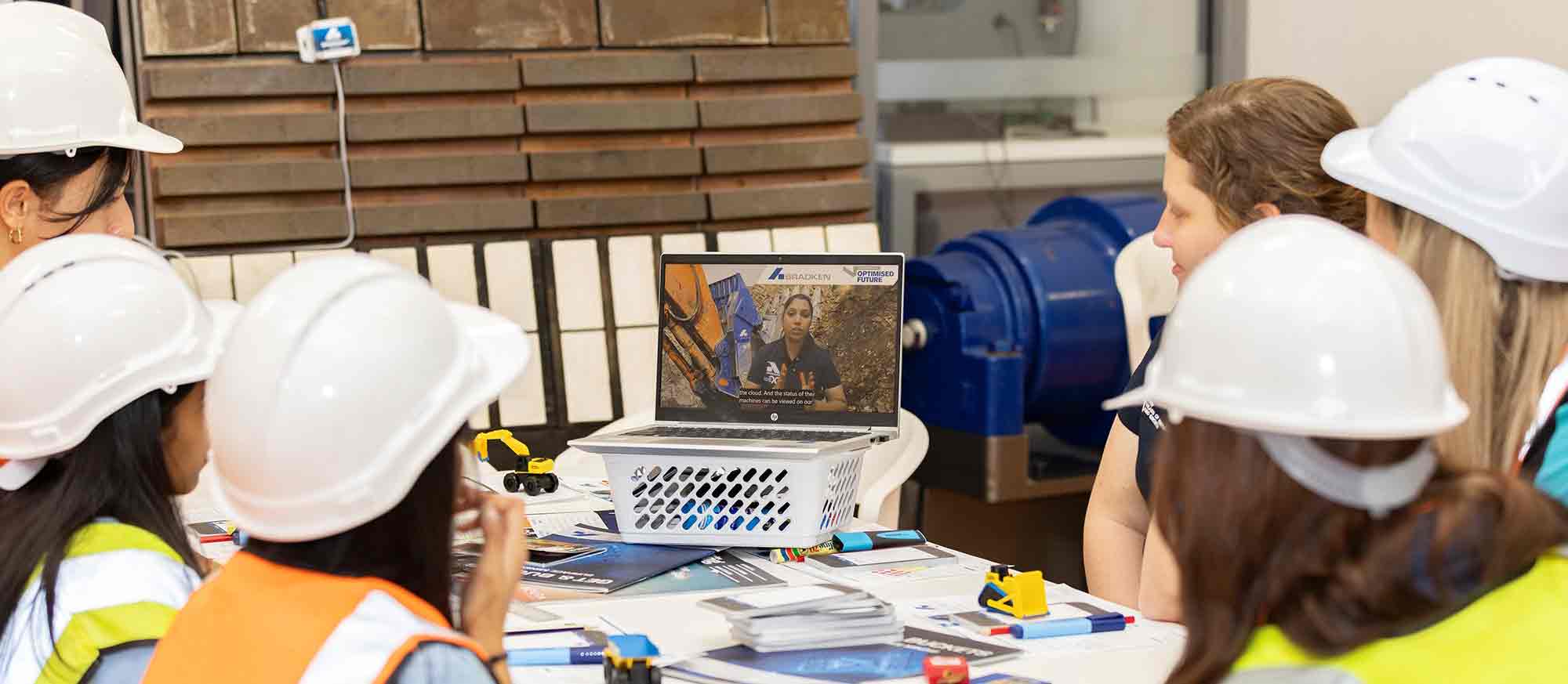
A mother-daughter journey in STEM
From mentorship to innovation, this duo highlights how STEM can drive real change - proving that role models and representation matter in shaping the future of science.

Kellie Ashton dreamed of becoming a scientist from a young age. It wasn’t until adulthood, when Kellie began questioning her career path that she decided to pursue those early aspirations. Pregnant with her first child and thinking she would have a lot of time on her hands, Kellie took the plunge and enrolled in a science degree.
Kellie – who did not have a lot of time on her hands – studied online, attended lab sessions in regional NSW, and completed her final exam the day before the birth of her second child. After years of working as a herbalist where she struggled to be taken seriously for her science-based approach, Kellie found her path. Despite personal setbacks, Kellie persevered, eventually earning a scholarship for a PhD in molecular microbiology at the University of Newcastle.
It was here that Kellie first heard about HunterWiSE and considered it an opportunity to make a difference for girls like herself.
“I saw an email about working with high school aged girls with HunterWiSE, and I instantly wanted to do it. I thought I could be the person I didn’t have at that age. I was discouraged from STEM as a kid, and I thought I could change that experience for some girls.”
Sealing the deal: Kellie’s daughter Scarlett was in Year 8 at Lambton High School. Lambton High School has participated in HunterWiSE since 2021, and both Kellie and Scarlett saw the program as an opportunity to spend more time with each other.
For 10 weeks, Kellie led weekly sessions with a small group of Year 8 students – including Scarlett – mentoring the girls while they devised a STEM-based solution to a community problem. The end result was "Seashore Scout," a robotic turtle designed to clean up beach waste, combining creativity and technology for environmental good. Through HunterWiSE, Scarlett gained a better understanding of STEM’s real-world impact, particularly in environmental solutions.
“Whenever I go to the beach, I see rubbish around. It makes me angry - I don’t want sea creatures eating plastic. I really enjoyed thinking about the project and solutions. I wasn’t really into science, but I didn’t think about science as a way to make a difference.”
Unlike many of her peers, Scarlett has a visible female role model in STEM - someone who demonstrates what’s possible every day. The hands-on, project-based learning strengthened her understanding of science as a force for positive change, reinforced by home conversations about Kellie’s research. Kellie’s work in molecular microbiology focuses on genetically modifying yeast to improve biofuel production - contributing to the cleaner, greener future that is important to Scarlett and her peers.
Through outreach, Kellie and Scarlett saw firsthand how STEM can drive meaningful impact through research, innovation and mentorship. Together, they showcase the importance of representation in shaping girls’ perception of STEM as relevant, rewarding and accessible.
The University of Newcastle acknowledges the traditional custodians of the lands within our footprint areas: Awabakal, Darkinjung, Biripai, Worimi, Wonnarua, and Eora Nations. We also pay respect to the wisdom of our Elders past and present.